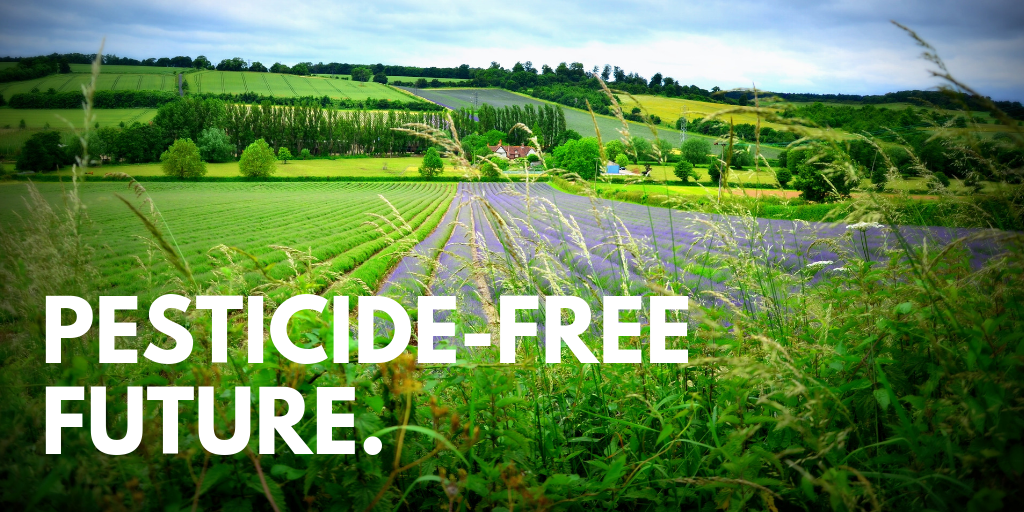
EC proposes 50% cut in chemical pesticides
Submitted by:
Andrew Warmington
The European Commission (EC) is proposing a Regulation that will impose legally binding targets to reduce the use of chemical pesticides by 50% from the average level consumed in 2015-17 by 2030. This is part of the Farm to Fork Strategy objective of delivering “a fair, healthy and environmentally respectful food system”.
Under the proposals, member states (MSs) will have to set reduction targets within clearly defined parameters and strategies to ensure that the EU-wide target is achieved collectively. This will give them some flexibility but in no case can MSs set a target of lower than 35% and the EC will review these and recommend that they “establish more ambitious targets in certain cases”.
In addition, the EC is proposing a comprehensive enforcement framework to ensure that all farmers practice integrated pest management (IPM) in which chemical pesticides are used only as a last resort after all other methods are considered first. Pesticides will also be banned in such ‘sensitive areas’ as public parks or gardens, playgrounds, recreation or sports grounds, public paths, as well as ecologically sensitive areas.
The Commission explained the proposal as part of its commitment to halting biodiversity loss in Europe, protecting health and building sustainable food systems in line with the European Green Deal, as well as growing concern about the build-up of pesticide residues and metabolites in the environment
“The existing rules on the Sustainable Use of Pesticides Directive have proven to be too weak and have been unevenly implemented,” the EC added, citing reports from the Court of Auditors and the European Parliament.
Furthermore, it said, there has been insufficient progress in promoting the use of IPM and alternative approaches or techniques, “in part, because already now chemical pesticides can harm human health and continue to contribute to biodiversity decline in agricultural areas, contaminate the air, the water and the wider environment”.
